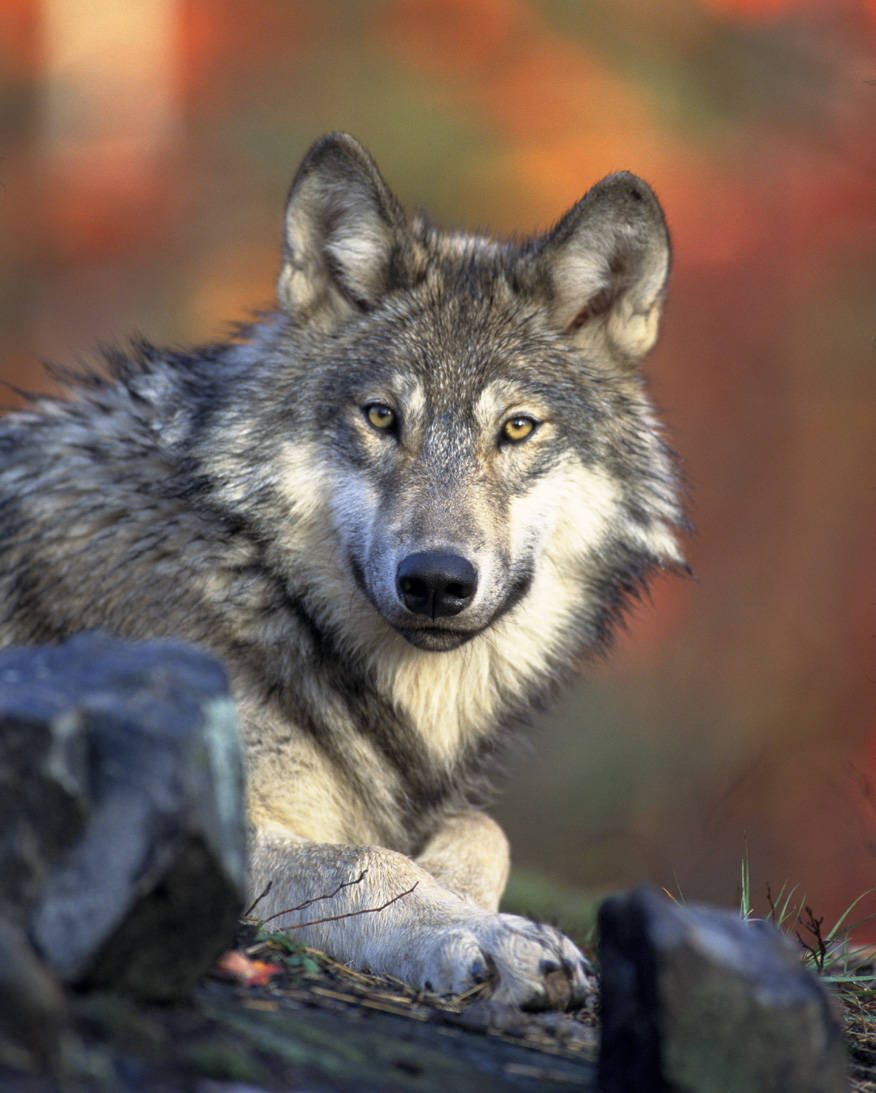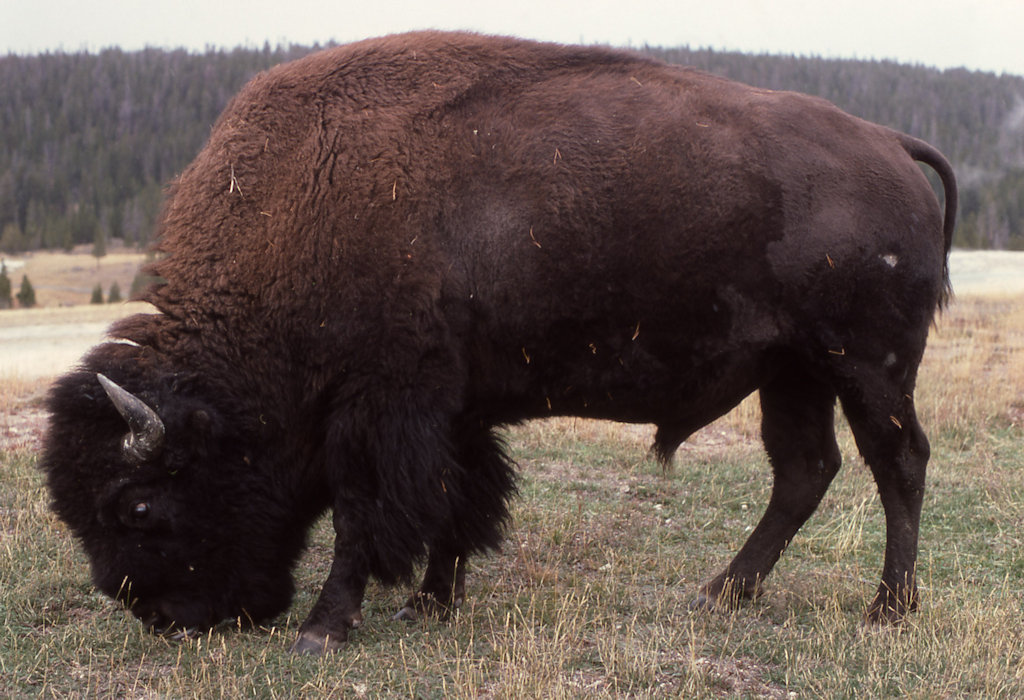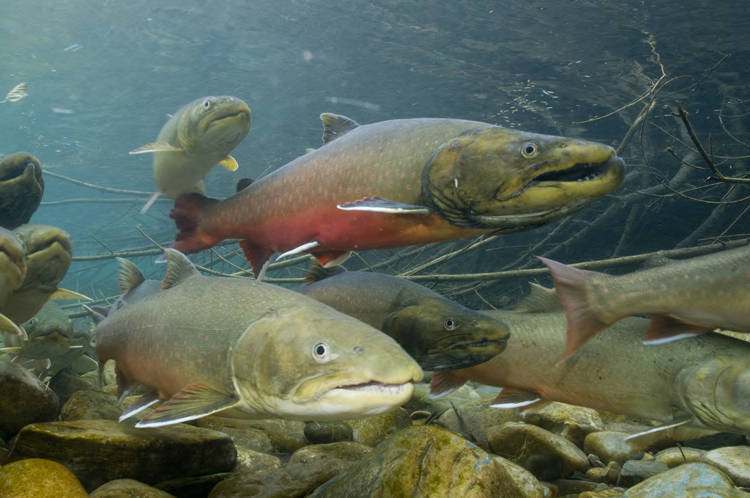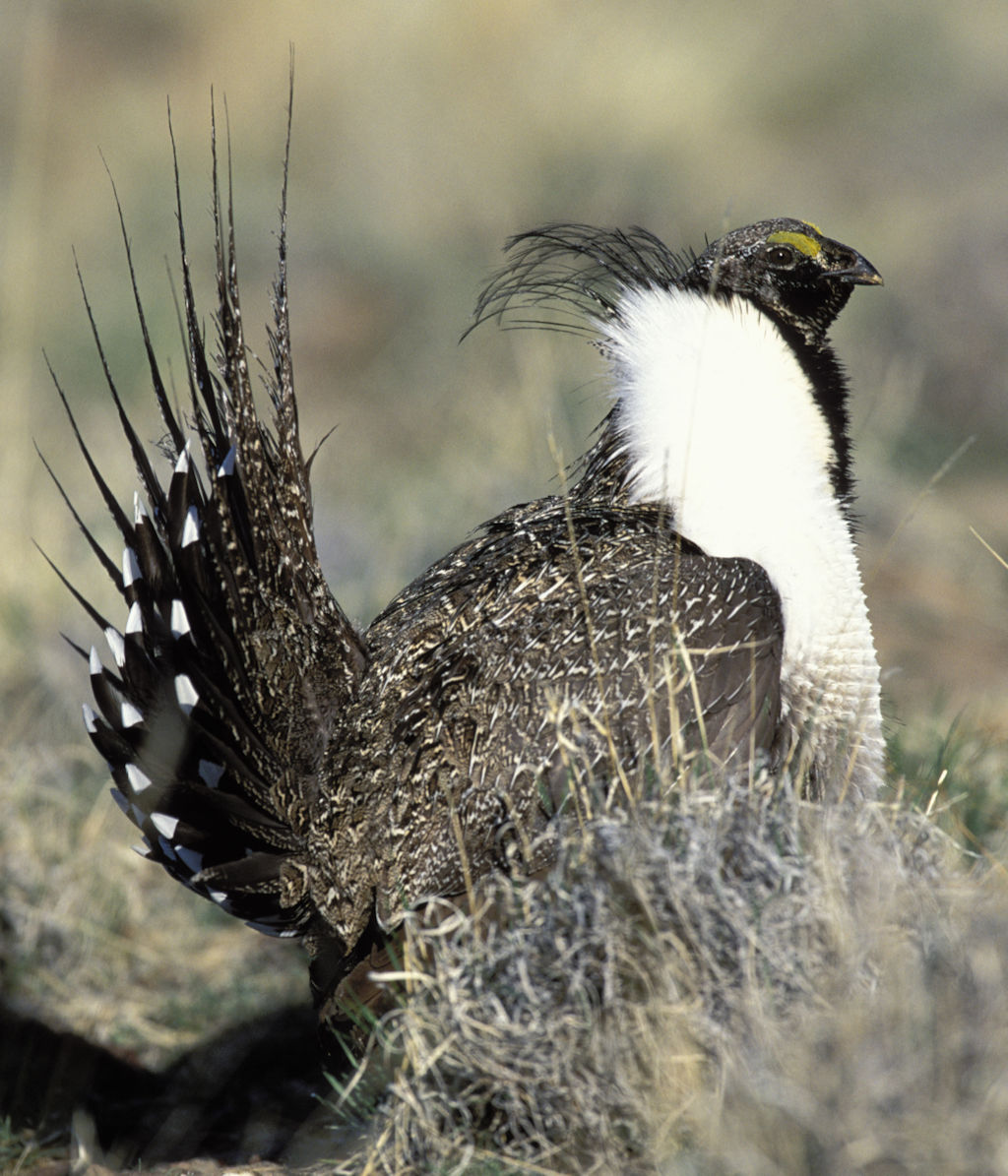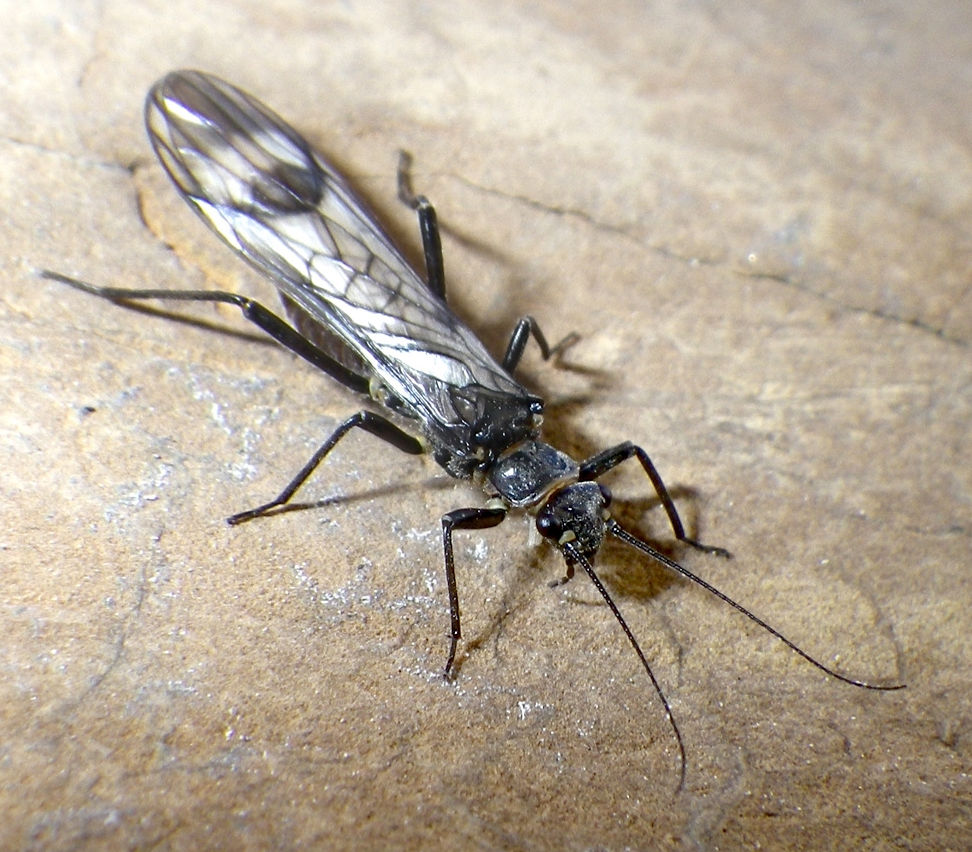
The U.S. Fish and Wildlife Service got dragged into court over their wolverine policy and got chewed out by the judge . . .
The Obama administration brushed over the threat that climate change poses to the snow-loving wolverine when it denied protections for the elusive predator also known as the “mountain devil,” a federal judge ruled Monday.
U.S. District Judge Dana Christensen ordered wildlife officials to act as quickly as possible to protect the species as it becomes vulnerable to a warming planet. Wolverines need deep mountain snows to den, and scientists warn that such habitat will shrink as the planet heats up.
The U.S. Fish and Wildlife Service rejected the views of many of its own scientists in 2014 when it said the effects of climate change on wolverines remained ambiguous.
